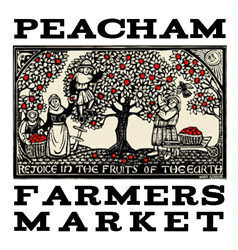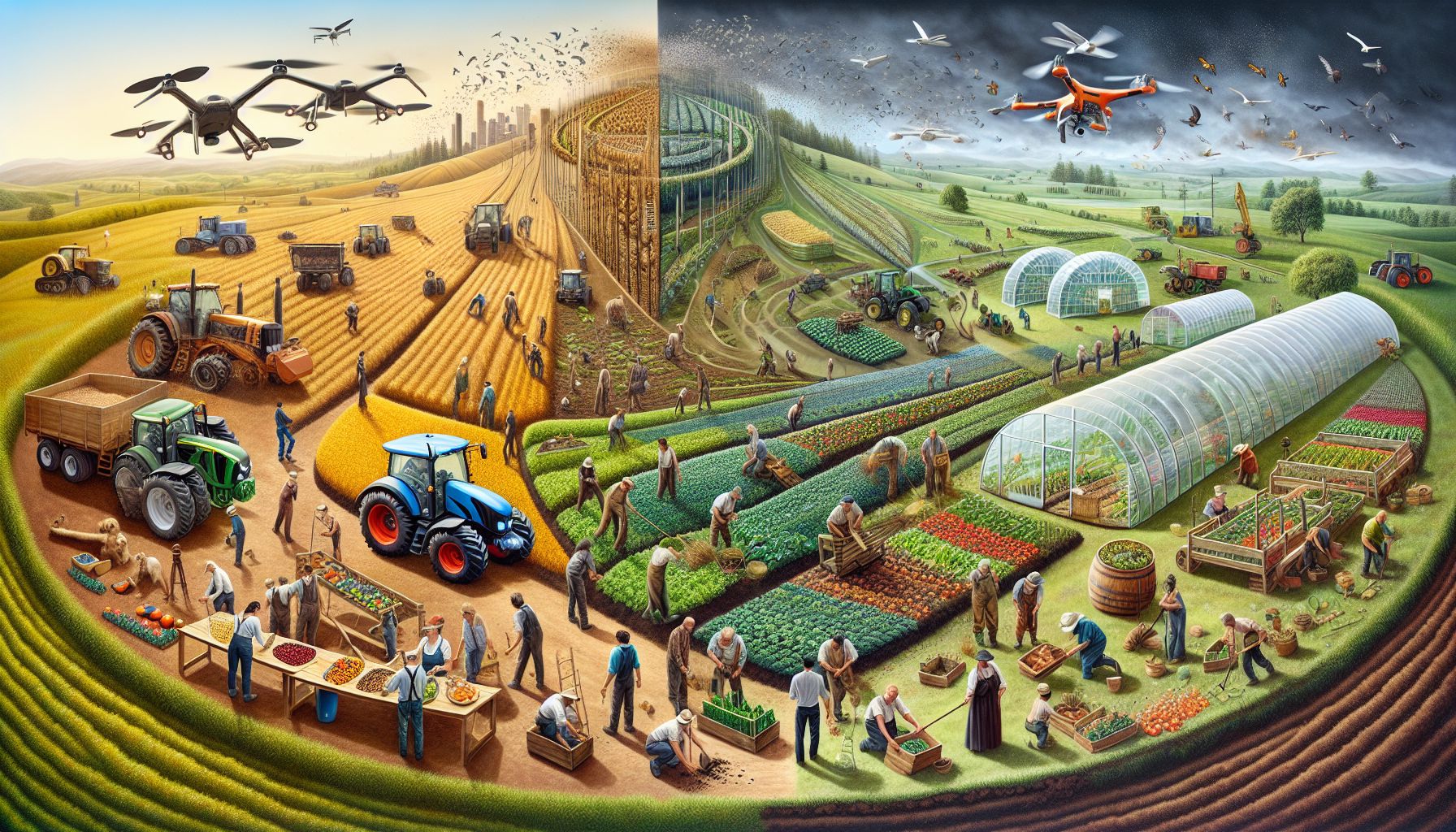Farming has been an integral part of human civilization for centuries, shaping our economies and ecosystems. From providing us with food and raw materials to creating job opportunities, farming plays a crucial role in our daily lives. However, with the growing concerns about sustainability and the environment, the agricultural industry is facing significant challenges that require innovative solutions. In this blog post, we will explore the latest trends in sustainable agriculture, the role of technology in farming, and the impact of farming on the environment.
Sustainable farming practices have gained momentum in recent years as people become more aware of the environmental consequences of conventional farming methods. This approach focuses on producing food while preserving the natural resources and minimizing negative impacts on the environment. One of the key elements of sustainable farming is crop rotation, which involves planting different crops in the same area each season to maintain soil fertility. This practice also helps prevent the buildup of pests and diseases, reducing the need for pesticides.
Another sustainable farming technique gaining popularity is agroforestry. It involves planting trees alongside crops, creating a more diverse and resilient ecosystem. The trees provide shade and shelter for the crops, reduce soil erosion, and improve soil health by absorbing nutrients and carbon from the air.
Technology is also playing a vital role in modern agriculture, making farming practices more efficient and sustainable. Precision farming, for example, uses satellite imagery and sensors to collect data about soil moisture, temperature, and nutrient levels. This information is then used to determine the precise amount of water, fertilizer, and pesticides needed, reducing waste and increasing yields.
Furthermore, technology is enabling farmers to employ robotic systems, such as drones, to monitor their crops, identify potential issues, and apply treatments. This reduces the need for manual labor and also helps farmers make data-driven decisions to improve their efficiency.
Despite these advancements, the farming community continues to face challenges, such as unpredictable weather patterns, market volatility, and rising production costs. These obstacles can make it difficult for farmers to sustain their businesses, affecting food supply and prices for consumers. Small-scale and family farms, in particular, face financial hardships, often leading to the abandonment of their farms.
Moreover, intensive farming practices have a significant impact on the environment. The use of chemical fertilizers, pesticides, and unsustainable irrigation methods can pollute the soil and water, contributing to climate change and loss of biodiversity. The agriculture industry is responsible for nearly a quarter of global greenhouse gas emissions, mainly from livestock production and deforestation for crop cultivation.
In conclusion, the world of farming is ever-evolving, with sustainable practices and technology at the forefront. These advancements are necessary to feed a growing population while preserving our planet’s resources. However, it is crucial to address the challenges faced by modern farmers and work towards minimizing the industry’s impact on the environment. As consumers, we also have a role to play by supporting local and sustainable agricultural practices and making informed choices about the food we consume. Let us strive towards a more sustainable and harmonious relationship with our planet and the food that sustains us.

